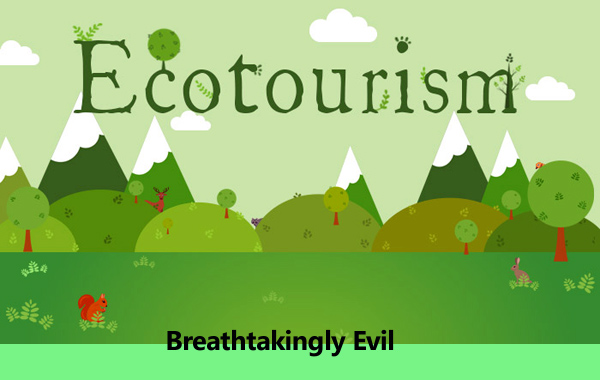
About 30 years ago “ecotourism” began to be used by scholars around the same time as “climate change” and “globalization.” That may seem like a long time but in the lexicon of social movements it’s the flick of an eye.
“Climate change” and “globalization” are still substantive if explosive issues. “Ecotourism” has been all but discredited. What’s the difference?
The three issues – and certainly others – that consumed the mini-intellectual renaissance of the 1990s all shared a common theme, hardly new. All for one and one for all. Imagine harassing public attention in the decades just before that for any issue, except war, that encompassed more than just your neck of the woods.
But the 1990s were a prosperous time, world-wide. The youth especially knew that Kiev or Cusco were just as close to them as the person in the next booth. Prosperity relaxed suspicions. All for one and one for all.
“Ecotourism” best I can determine first emerged as an important selling point for travel in Holland, where recently it also saw its death (literally). The Dutch’s penchant for social compassion spread throughout Europe, and soon a real advantage to selling anything in the developing world was for it to be considered a part of the new “ecotourism” movement.
The idea was simple. Some kind of tourism activity would help sustain biodiversity and help preserve ethnic heritages and culture.
The most common example was the developing agriculture of the originally nomadic Maasai of East Africa, who in times past roamed large tracks of fecund land grazing their herds. But Maasai got educated. They built barns and fences and got deeds.
As the price of cattle increased, the expansive fragile prairies of the Serengeti were threatened, much less any hope for sustainable ranching. Overgrazing had been a problem for several decades before, but that was now aggravated by pesticides and hormones and the overuse of antibiotics.
So compassionate conservationists realized that if those modern ranchers were offered a less demanding alternative for the same income, the ecosystem could be preserved.
Build a tented camp and give the ranchers a percentage.
I was very closely involved with several of those and in 2004 got the company for which I was consulting in Tanzania named “Ecotourism Company of the Year” by Conde Nast.
Initially I believed whole-heartedly in the idea. All for one and one for all. I was always suspicious that even the best of seasons could provide sufficient revenue to our Maasai partners while covering our costs and making a bit of money, but the euphoria of the time stripped any brake on the idea:
So what if we lost a few dollars on one or two of our projects. There was absolutely no question that the exposure we got from the Conde Nast and other awards boosted our overall revenue.
That’s when a scholar at the African Studies Centre (ASC) at Leiden University first contacted me to help them mount a lengthy study on ecotourism. I couldn’t have been more honored. After all, this is where the idea began.
I began working with Marcel Rutten in 2008, actually before he officially announced the ongoing project. We worked together for years. He was a taskmaster of extraordinary dedication. Every claim I made, every anecdote I recounted had to be documented.
Four to five years later it was clear what was happening, and not just to the project but to all of us who were working with Marcel.
Ecotourism was not the panacea originally presumed. In fact, it was little more than a ruse. All of us felt first deflated, then defensive, and then really, really angry. We had been duped by our own ideas, ideas that we had so forcefully presented that the public was now wholly onboard. And now, we had to work to reverse all that.
Marcel died unexpectedly in 2018. Nobody wanted to replace him. The flipflop in the goals for the project was an embarrassment to the ASC. The whole project was simply dropped and swept under the rug.
Many of us have spent the last ten years trying to explain what happened. Let me try to give it to you in a sentence: No ecotourism project can create sufficient enough revenue to sustain a healthy business venture. Much better chance with cows eating up the ecosystem.
And the arrogance (click here) of assuming that a developing Maasai farmer will choose the former over the latter for haughty conservation reasons is appalling. We’re still talking about survival economies. If half of America won’t support reducing fossil fuels, it’s breathtakingly evil to promote travel because it considers itself “ecotourism.”
RIP Marcel, as difficult as that will be.
 My followers might be more interested in the calamity that befell me than what I wanted to say but couldn’t because of the calamity. So as a result I’m going to very briefly tell you what I wasn’t able to say the last few days, first. Calamity last.
My followers might be more interested in the calamity that befell me than what I wanted to say but couldn’t because of the calamity. So as a result I’m going to very briefly tell you what I wasn’t able to say the last few days, first. Calamity last.
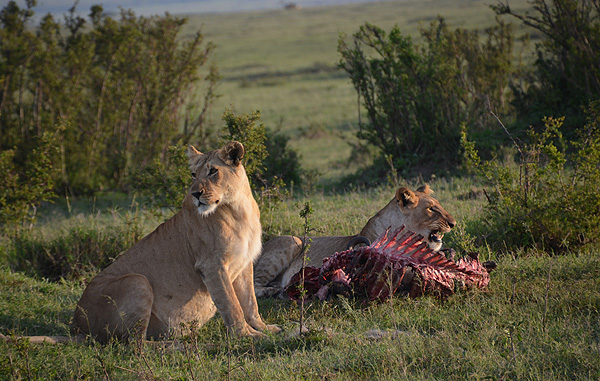
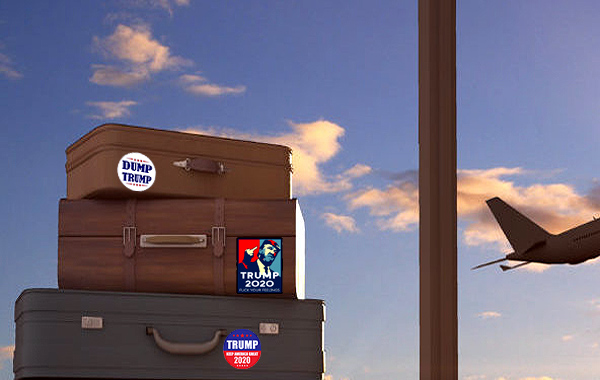
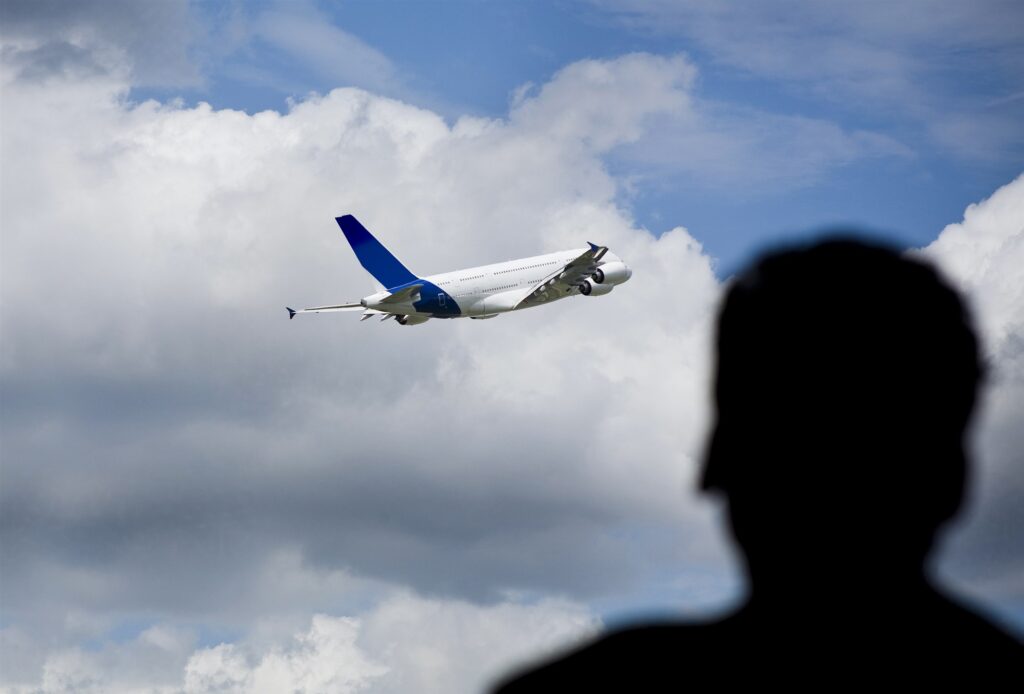
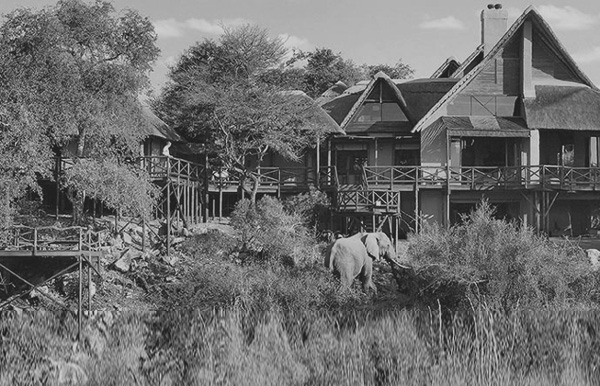 I can’t convince myself there will be a second wave. I can’t convince myself that a vaccine will be available the first of next year. I guess in fact I can’t convince myself of much. Except one thing: African tourism is imploding so severely that it will gut the global market for safaris for decades to come.
I can’t convince myself there will be a second wave. I can’t convince myself that a vaccine will be available the first of next year. I guess in fact I can’t convince myself of much. Except one thing: African tourism is imploding so severely that it will gut the global market for safaris for decades to come.
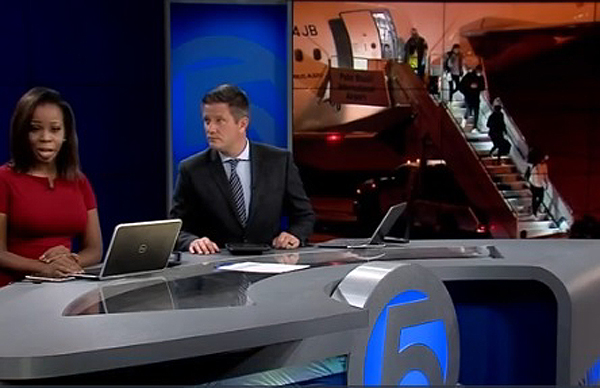 Oh my. A careful reading of the
Oh my. A careful reading of the 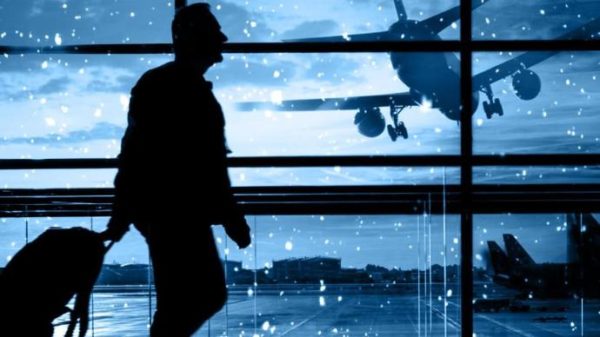 Travelers are canceling everything.
Travelers are canceling everything.
 About 30 years ago “ecotourism” began to be used by scholars around the same time as “climate change” and “globalization.” That may seem like a long time but in the lexicon of social movements it’s the flick of an eye.
About 30 years ago “ecotourism” began to be used by scholars around the same time as “climate change” and “globalization.” That may seem like a long time but in the lexicon of social movements it’s the flick of an eye.
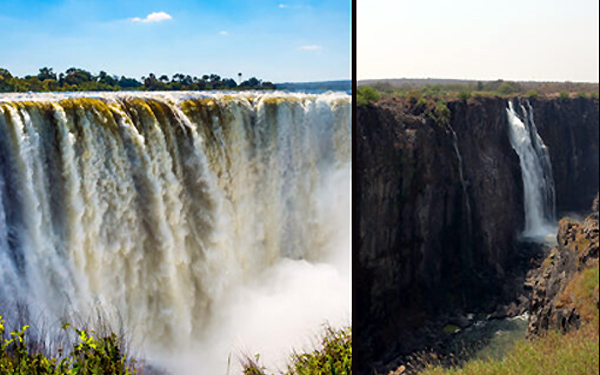 Victoria Falls without falls is disturbing enough but there are even more disturbing aspects to the viral dissemination of the falls turned off.
Victoria Falls without falls is disturbing enough but there are even more disturbing aspects to the viral dissemination of the falls turned off.
 Almost all the greatest explorations from Europe into Africa began with Mssrs. Thomas Cook, a group of brothers and friends who were the precursor to the Thomas Cook Travel company that went bust this weekend.
Almost all the greatest explorations from Europe into Africa began with Mssrs. Thomas Cook, a group of brothers and friends who were the precursor to the Thomas Cook Travel company that went bust this weekend.
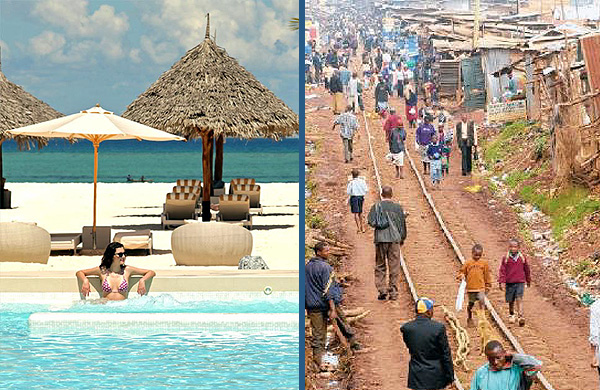 I can wallow under a giant rain shower or soak in a bathtub even larger than the 19th Century four-claw tub at my home.
I can wallow under a giant rain shower or soak in a bathtub even larger than the 19th Century four-claw tub at my home.
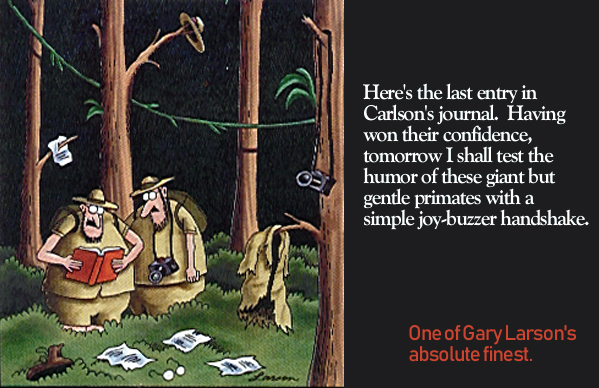 I saw my first gorilla in 1977. It was an eastern lowland gorilla in Kahuzi-Biega national park in The Congo, a species of gorilla (graueri) that’s still going extinct. I watched several Italians throw tomatoes at them. There were no guides then. You just climbed into mountain jungles and threw things at fur. It was an improvement over shooting.
I saw my first gorilla in 1977. It was an eastern lowland gorilla in Kahuzi-Biega national park in The Congo, a species of gorilla (graueri) that’s still going extinct. I watched several Italians throw tomatoes at them. There were no guides then. You just climbed into mountain jungles and threw things at fur. It was an improvement over shooting.
 Twenty years ago this morning I scurried about my Garden Cottage room in the Norfolk Hotel in Nairobi grabbing all sorts of pieces of paper and maps and hastily stuffing them into my briefcase. I was late for my 10:30a meeting with my transport manager.
Twenty years ago this morning I scurried about my Garden Cottage room in the Norfolk Hotel in Nairobi grabbing all sorts of pieces of paper and maps and hastily stuffing them into my briefcase. I was late for my 10:30a meeting with my transport manager.
 An attempt today by Tanzania to provide long awaited statistics about its tourism fell flat on its face, as the agency reporting the statistics reported widely different numbers on different websites.
An attempt today by Tanzania to provide long awaited statistics about its tourism fell flat on its face, as the agency reporting the statistics reported widely different numbers on different websites.